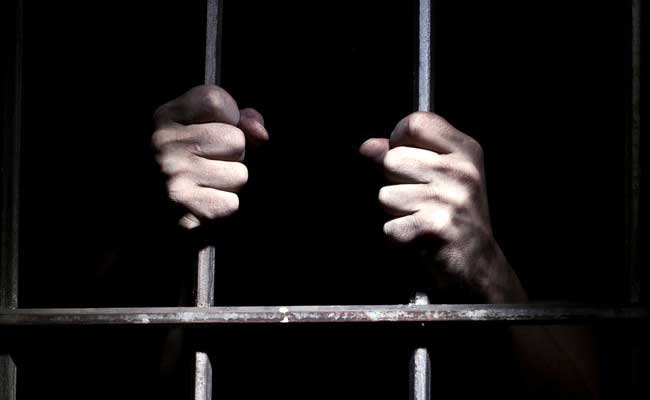An estimated 600 pregnant women are held in prisons in England and Wales each year, and about 100 babies are born inside. On 27 September 2019, a woman held in HMP Bronzefield on remand gave birth alone in her cell. When prison staff visited the woman’s cell in the morning the baby had died. Following this tragic event a number of investigations were set up, including: Internal investigation at HMP Bronzefield: Internal Sodexo review: Joint investigation between the Prison Service and HMP Bronzefield: NHS Clinical Review: Police Major Crimes Investigation: Police Safeguarding investigation: Surrey Social Services Rapid Response Review: Not one of these inquiries has, as part of its remit, to ask the question: why was this woman on remand in prison? Nor to enquire why the other pregnant women – about 50 at any one time – are incarcerated. On remand, on sentence, on recall – should a pregnant woman be in prison?
Accessing the basics: The Independent recently reported that Miranda Davies, a senior fellow at the Nuffield Trust said: ‘We know from our research that even before the Covid-19 outbreak, pregnant women in prison faced significant risks. Our analysis showed that in 2017-18 roughly one in ten pregnant women gave birth either in their prison cell or en route to hospital, raising questions about their ability to access the right care.’ Laura Abbott’s research into the experiences of pregnant women in Britain’s prisons found that women experienced frustration and stress which impacted upon their emotional wellbeing. Pregnant women reported being unable to access basic comfort, adequate nutrition and fresh air. The fear of potential separation from their baby was an underlying stress.
Read more: By Rona Epstein, https://is.gd/V4jeJq
